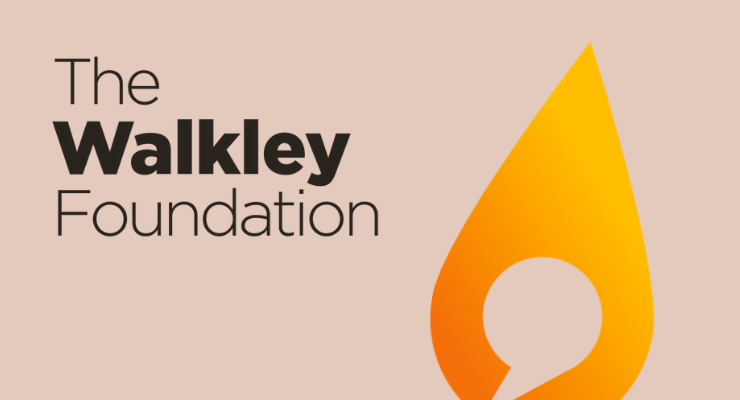
When the nominations for the Walkley Awards came out, I laughed maniacally to myself. My gamble had paid off. I’d successfully hacked Australia’s journalism awards into getting myself a nomination.
A few years ago when I’d just started in the industry, I remember hearing about the Walkleys for the first time. Some of my radio peers were talking in the newsroom about the nominations that had just come out, who’d gotten a surprise nod and who was snubbed. I scrolled through the awards as they talked: best news report, photo of the year, innovation in media — and the big bopper: the Gold Walkey.
That’s when I saw my mark: the award for best headline, caption or hook — described as recognising “the art of witty and succinct journalism that grabs attention across all media”. What I actually discovered from looking through the previous winners was that it essentially was a Pulitzer for whoever’s newspaper headline made you groan the most.
Headlines have always existed to coax readers. In recent years that’s gotten a lot harder. Your headline now has to fight for your attention against a POV video of Ukraine being invaded, a politician cringe-posting, a friend’s tweet with a typo that is begging to be pointed out, and every piece of content on the internet. A modern headline needs to have banging SEO, fit perfectly on different social platforms and compel readers to share it.
But based on what’s won in the past, what do the Walkley judges actually think makes a good headline? Puns. Every nominee and winner submitted a collection of puns used as headlines in a physical newspaper.
Full disclosure: I’ve always thought some pun headlines are self-indulgent even if they are clever. They usually sacrifice utility (does the reader actually know what the story is about?) for flair. The move to digital has made them even more useless.
I’ll prove it. Here are some Walkley Award-winning headlines that link to the actual article. Before you click, have a guess what the article is about and whether it piques your interest compared with a headline that actually says who and what’s involved.
Now, I have nothing but respect for the work of my fellow nominees and previous winners. They are playing a game by the rules. I am all for “getting that bread”. And I’m not saying they aren’t masters of the craft, either. Former winner Baz McAlister did a Walkley Masterclass about headlines and it is legitimately very good.
I ain’t hating the player here, I’m hating the game. Rewarding headlines that make journalists chuckle instead of compelling Instagram captions or effective social headlines is, I think, a failure to reward good journalism in 2022.
Should we just give the award every year to “AFL Grand Final: What Time Does It Start, Who’s Playing and What Are the Rules”? It’s probably the most effective headline at enticing readers, so maybe.
Equipped with this knowledge, I set about seeing whether I could hack myself into Walkley Award contention by reverse engineering the formula.
Reading the rules closely, I realised that despite the dominance of pun headlines in physical newspapers, you could be nominated for a tweet. Two hours before the midnight deadline, I looked through stories that I had written over the past couple of months, chose a few that I could think of really obvious puns for, tweeted them in quick succession from the Crikey Twitter account and submitted them.
“Where Prince meets Hillsong: what we can learn from ScoMo’s Spotify” became “Great Scottify”. “Australians buy animal wormer ivermectin on Facebook and Telegram to treat COVID” was “Straight from the horse’s mouth”. And “How Australia’s tattoo community is taking on a law it says could kill the industry” was tweeted out with the incredibly tortured “Hit-for-tatts”.
The rest is history. I now stand undeservedly among the most esteemed peers in the Australian journalism industry. Any publisher for a book I write in the future will get to use “Walkley-nominated” in the blurb. I even asked my boss for a raise (he said “come back to me if you win”).
Wish me luck tonight!








Careful you don’t get a guest spot on Mad as Hell…
Most of this is way above my head and I’m not sure if my leg isn’t being pulled. Good on you for trying, Cam. Good luck!
Yep, I couldn’t identify any element of any of those stories from the headlines.
Good luck with the raise!
“Great Scottify” is solid gold….well done